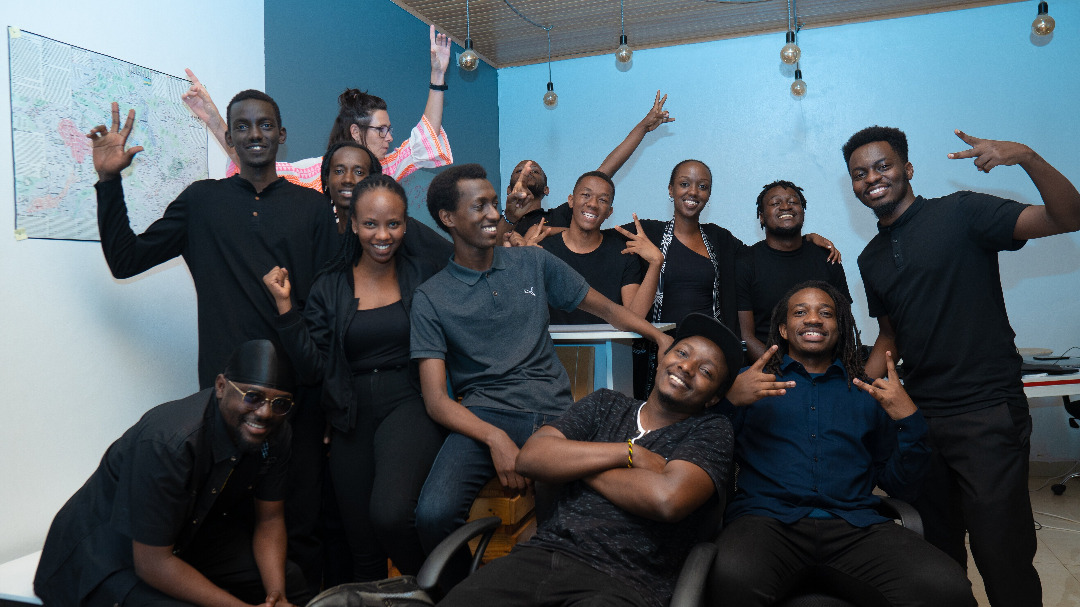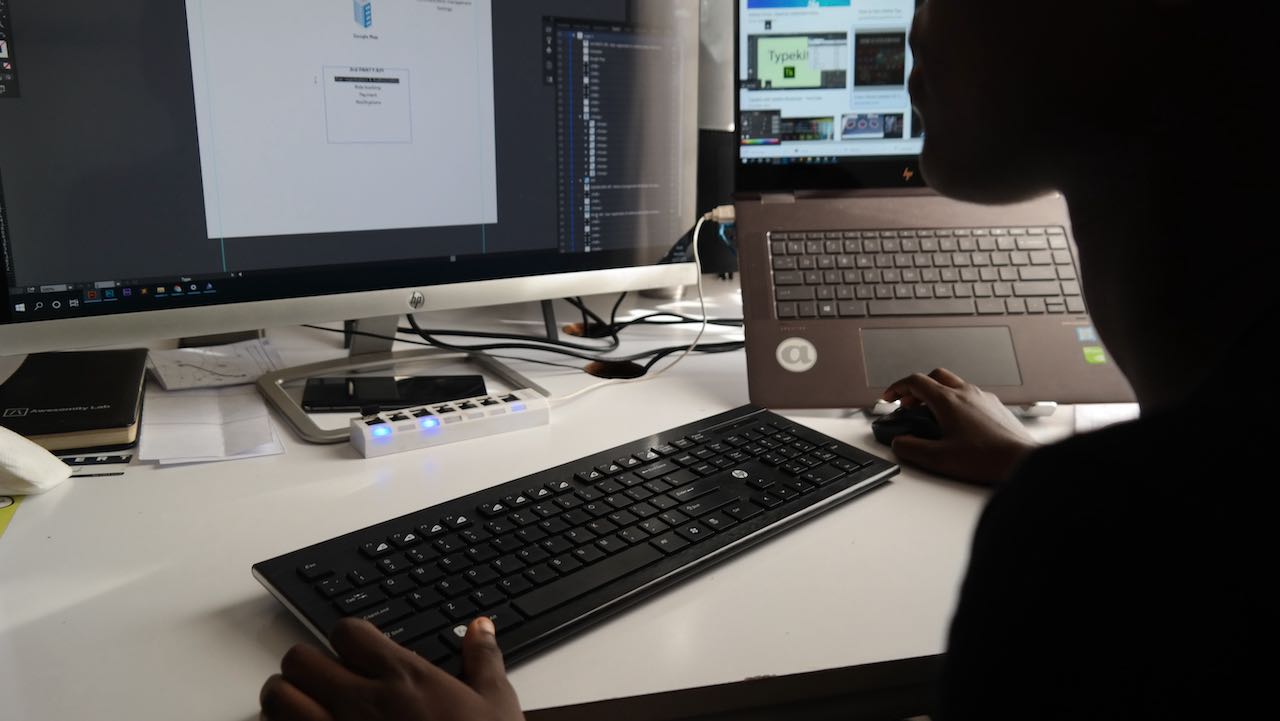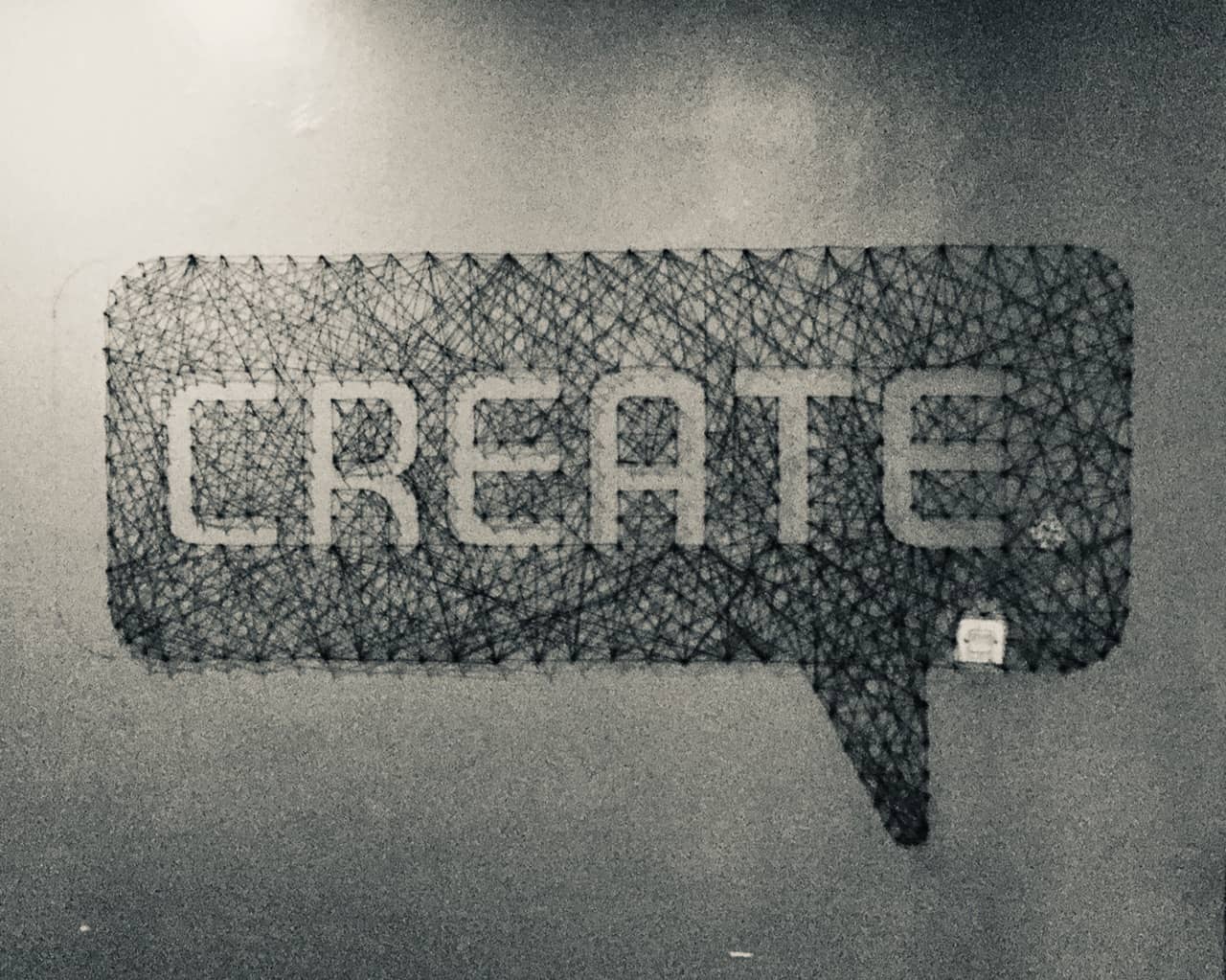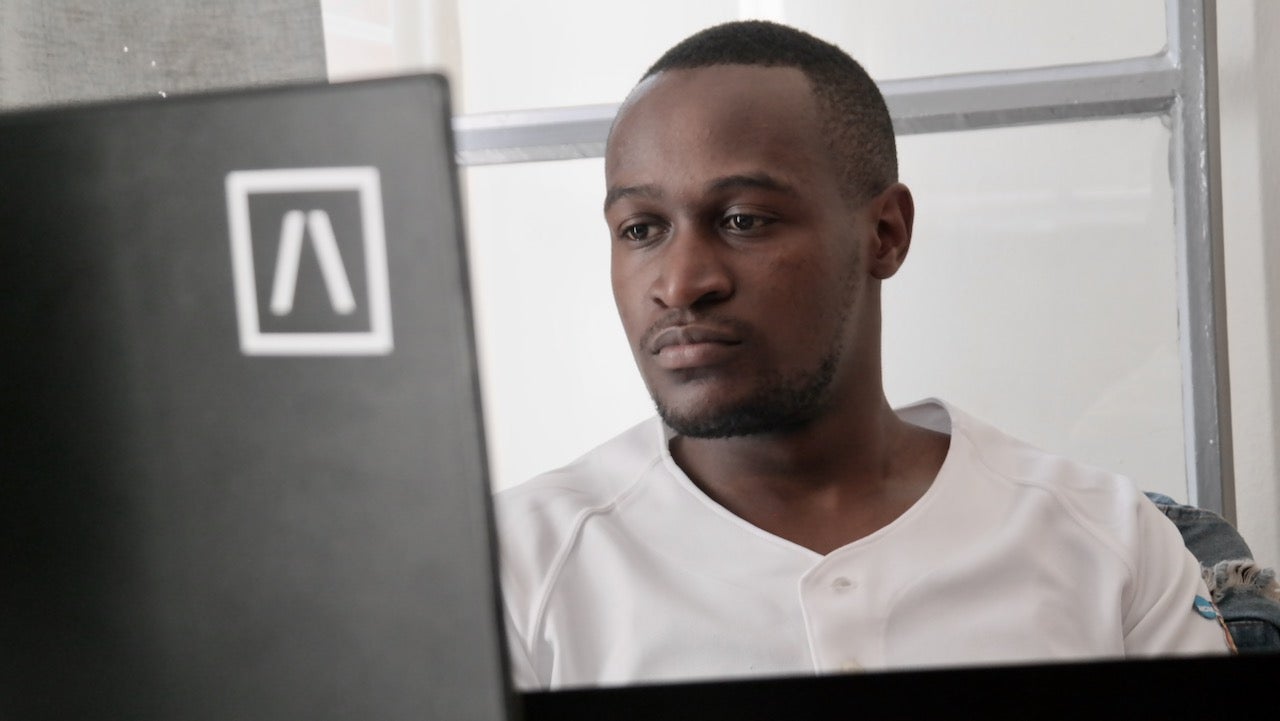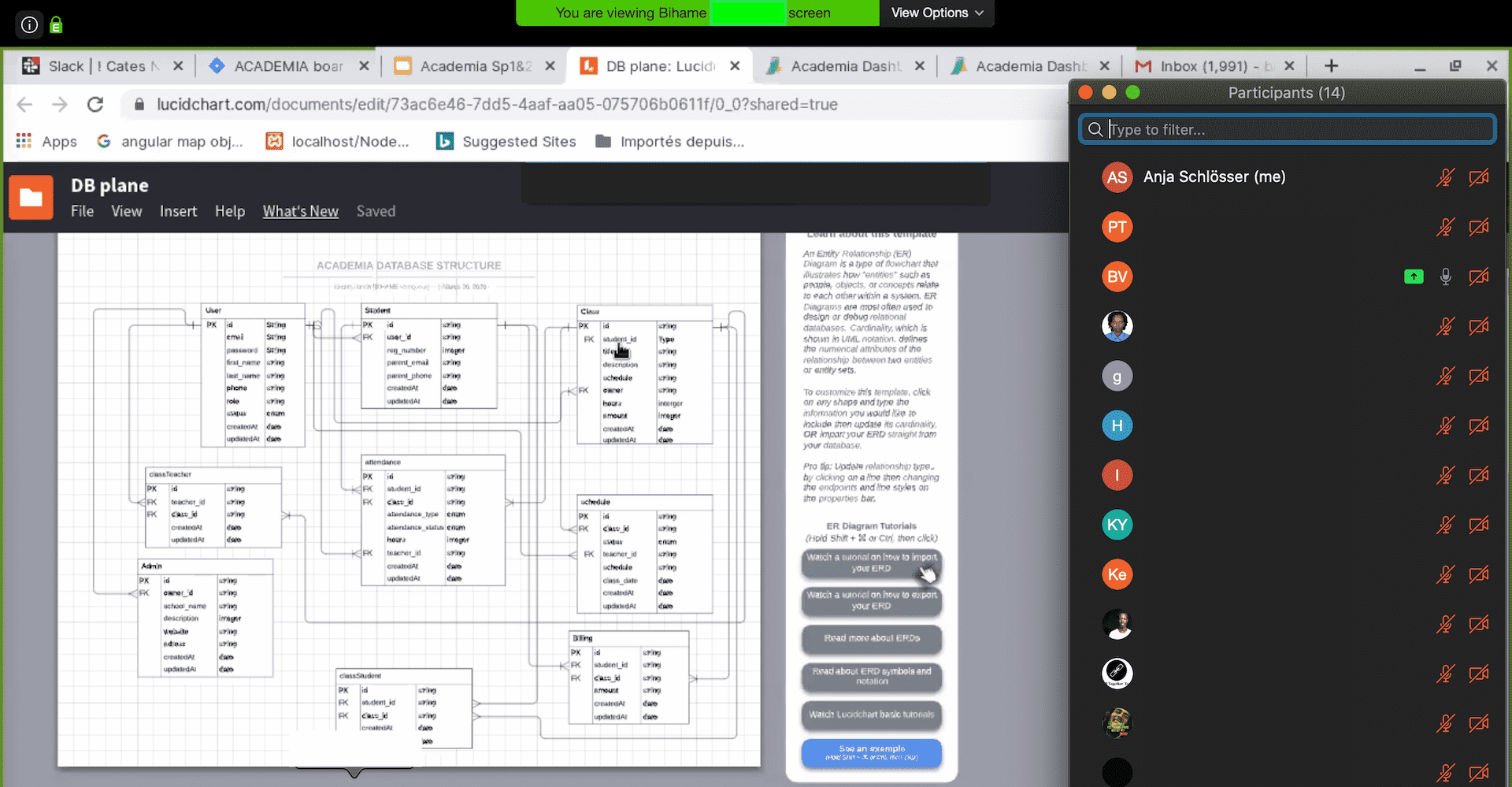Remote Collaboration Becomes More Common
“This offers opportunities.”
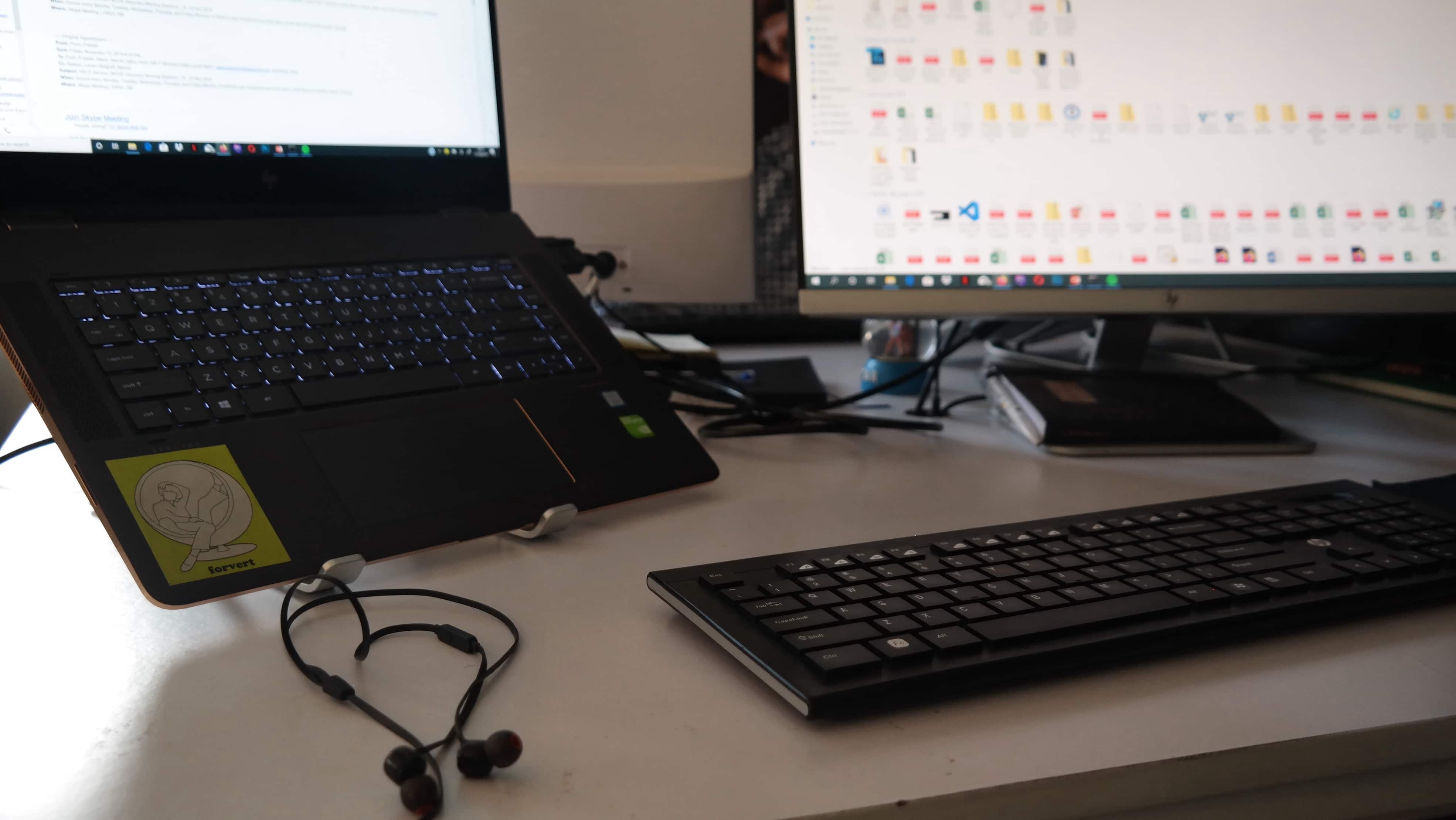
So often we find a disruption brings change. Currently we are experiencing such a disruption globally. People want to, or are asked to stay at home by official/business regulations. Events like the Leipzig Book Fair are turned into virtual fairs with remote discussions, panels and lectures. Companies of all sizes, from small enterprises to big corporations are practicing partial or total empty-office policy and telling employees to work from home.
How is this related to the work of Code of Africa?
Many people in Germany are now stepping into remote working and utilising digital communication like video-conferencing, messaging and collaboration tools (e.g. Slack) either for the first time, or in new ways, intensifying this way of collaboration. This brings multiple challenges, primarily in terms of clearly communicating ideas and expectations and effectively using the tools at our disposal to overcome this.
Personal contact through meetings is still the preferred way to exchange opinions, share ideas and work on projects. This attitude of requiring physical meetings has been a topic in our talks with prospects and clients many times. People wanted to have at least one physical meeting with developers before deciding to utilise our extended workbench approach. This is how (very likely) still most people are raised and grow up in the business sector. It is learned, it gives a sense of belonging to another, a better relationship, increased trust, and so on.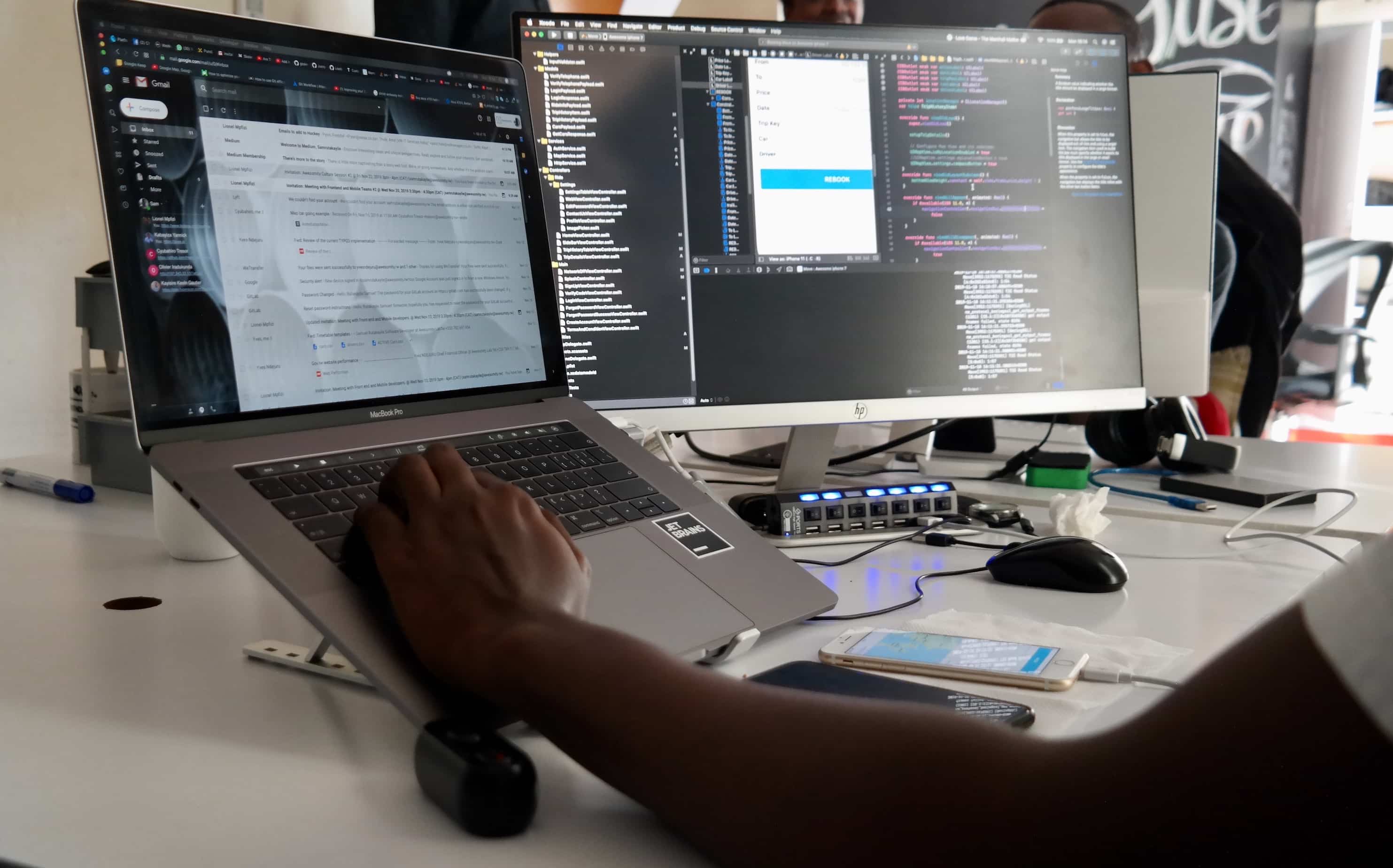
When it comes to working globally and take advantage of the opportunities out there this limits your potential. Imagine you can meet your peers and colleagues or even clients on a more frequent basis, without the effort and cost of travel and accommodation. Imagine you can test working with somebody in a remote/distanced area easily, with a well-defined project. You instruct (like you would do anyhow), you ask for a re-briefing (like you would do anyhow, most likely), you agree on terms (like you would do anyhow), and then you go. Without travelling from Hamburg to Munich, Frankfurt to Ukraine, Vienna to Romania, Zurich to Bangalore.
Despite being remote, the results of the test will show if it works with the coders, developers and product-owners. And this is what counts, isn't it?
It may be that you rather need more exchange via video than in a physical meeting with the coding-team. If you use a contact-person or product-owner who speaks your mother language (e.g. German/Austrian/Swiss-German) and then instructs the coding-team in English, it makes the process even easier.
This questioning of traditional working styles and attitudes now comes up very quickly and on a large scale by the disruption of the Covid19-case. It is a strong and powerful disruption of our (German, Austrian, Swiss) work-system, including our mindset.

_11zon_20240612072642_0.jpg)

